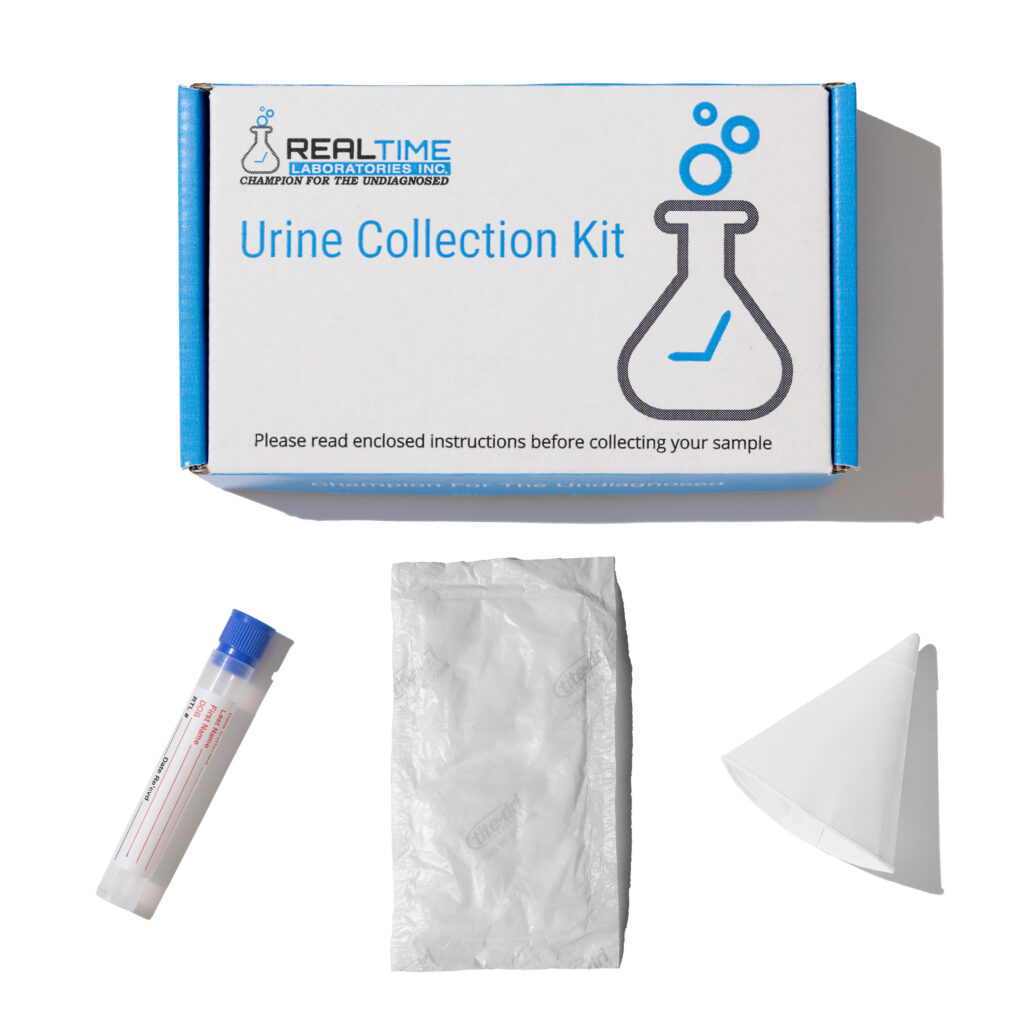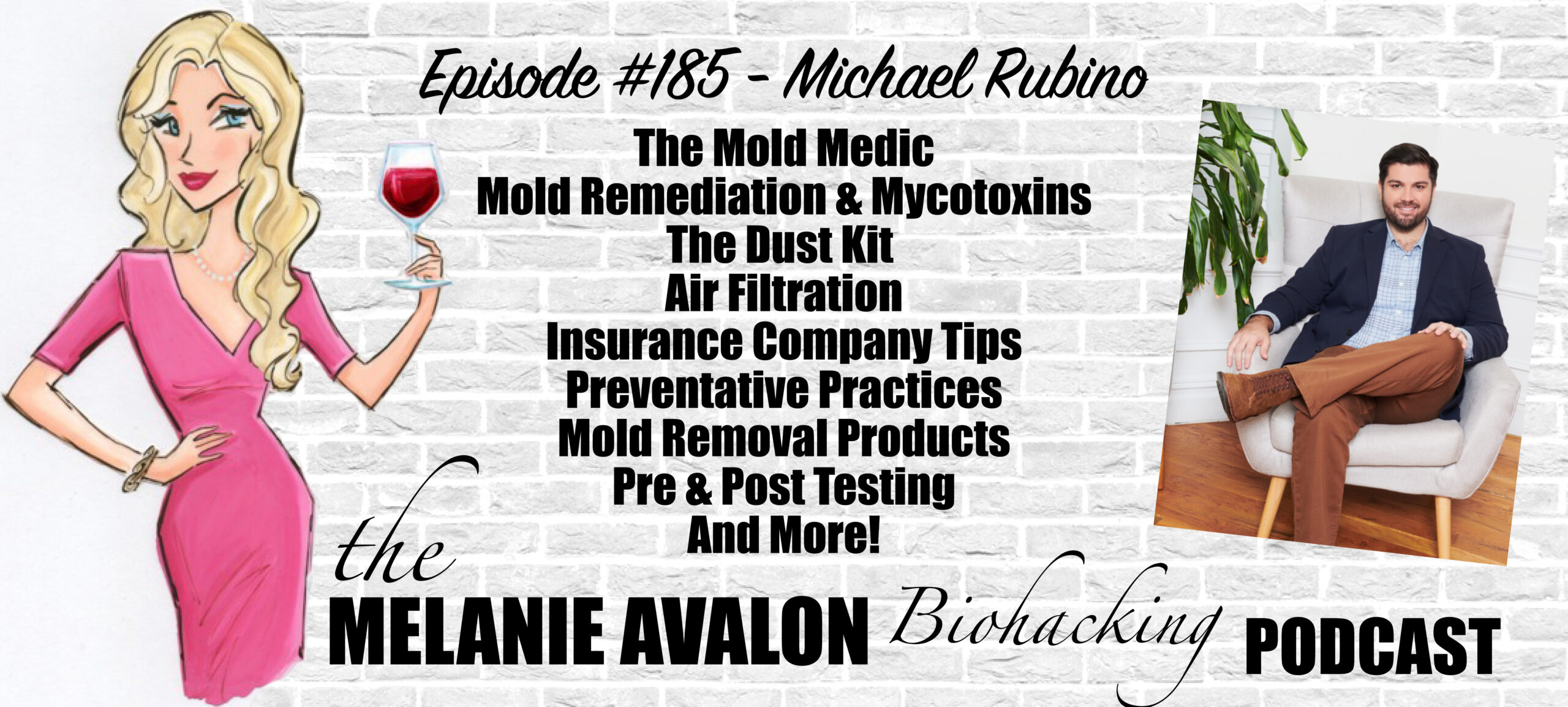Yes, some insurance plans cover mycotoxin tests. Coverage varies, so check with your provider.
Concerns about exposure to mycotoxins, toxic substances produced by molds, have led many individuals to seek testing for these harmful compounds. Mycotoxin testing is a valuable tool for identifying potential health risks associated with mold exposure. However, the cost of these tests can be a concern for many people.
The good news is that some insurance plans may cover mycotoxin testing, depending on the policy and the specific circumstances. It’s important to verify coverage with your insurance provider to determine if you are eligible for reimbursement for mycotoxin testing. This can help alleviate financial burdens and ensure that you receive the necessary testing to protect your health.

Credit: realtimelab.com
Introduction To Mycotoxin Testing
Insurance coverage for mycotoxin testing is essential for safeguarding your health. This type of testing can detect harmful substances produced by molds in food and the environment. Ensuring insurance coverage for mycotoxin testing can provide peace of mind and protect against potential health risks.
The Importance Of Testing For Mycotoxins
Mycotoxins are toxic substances produced by fungi that can grow on crops and foodstuffs. Exposure to mycotoxins can lead to serious health problems such as cancer, liver and kidney damage, and neurological disorders. Therefore, it is essential to test for mycotoxins in food and feed products to ensure their safety for consumption. Mycotoxin testing is especially important for individuals who are susceptible to these toxins, such as young children, pregnant women, and immunocompromised individuals.Common Types Of Mycotoxins
There are several types of mycotoxins that can contaminate food and feed products. Some of the most common types of mycotoxins include:- Aflatoxins: These are produced by Aspergillus fungi and are commonly found in peanuts, corn, and other crops.
- Ochratoxin A: This mycotoxin is produced by Aspergillus and Penicillium fungi and can be found in cereals, coffee, wine, and pork products.
- Fumonisins: These toxins are produced by Fusarium fungi and can be found in corn and corn-based products.
- Deoxynivalenol (DON): This mycotoxin is produced by Fusarium fungi and can be found in wheat, barley, and other grains.
Potential Health Effects Of Mycotoxins
Insurance coverage for mycotoxin tests can help identify potential health effects of these harmful substances. Detecting mycotoxins early through insurance-covered tests can prevent adverse health impacts. Regular testing is essential for safeguarding against mycotoxin-related health issues.
Short-term Health Risks
Short-term exposure to mycotoxins can result in acute symptoms like headaches, nausea, fatigue, and respiratory issues. These toxins can also trigger allergic reactions, skin irritation, and eye irritation in some individuals.Long-term Health Consequences
Prolonged exposure to mycotoxins may lead to more severe health conditions such as respiratory problems, neurological disorders, and immune system suppression. Long-term effects can also increase the risk of developing chronic conditions like cancer and organ damage. It is crucial to be aware of the potential health effects of mycotoxins and take necessary precautions to prevent exposure.Insurance Coverage Basics
Learn about insurance coverage basics for mycotoxin tests, a crucial aspect often included in insurance policies. Understand the extent of coverage for mycotoxin testing to ensure comprehensive protection for your health and property.
Insurance Coverage Basics Understanding Your Health Insurance Policy Before seeking coverage for mycotoxin testing, it’s crucial to understand the specifics of your health insurance policy. Familiarize yourself with the terms, conditions, and limitations of your coverage to ensure that mycotoxin testing is included. Standard Coverage and Exclusions When reviewing your policy, it’s essential to identify the standard coverage for diagnostic testing. This includes understanding which tests are covered, the associated copayments, and any deductibles that may apply. Moreover, it’s equally important to be aware of any exclusions related to mycotoxin testing. Some insurance policies may have limitations on the types of tests that are covered, or they may exclude coverage for specific conditions or circumstances. In addition, it’s advisable to consult with your insurance provider directly to gain clarity on the extent of coverage for mycotoxin testing. This can help prevent any unexpected expenses or denials of coverage. By understanding the ins and outs of your health insurance policy, you can make informed decisions regarding mycotoxin testing and ensure that you are utilizing your coverage effectively.Mycotoxin Testing And Insurance
Mycotoxin testing is an essential diagnostic tool for detecting the presence of harmful toxins produced by molds in the environment. However, the cost of these tests can be a concern for individuals seeking to assess potential mycotoxin exposure. Understanding whether mycotoxin testing is covered by insurance can provide valuable insight into the financial aspect of obtaining these crucial tests.
Criteria For Coverage
Insurance coverage for mycotoxin testing may vary depending on the provider and the specific policy. Typically, coverage for mycotoxin testing is determined based on the individual’s symptoms and medical history. Insurance companies may require documented evidence of exposure to mold or symptoms consistent with mycotoxin exposure to consider coverage for the testing.
Navigating Insurance Claims For Mycotoxin Testing
When pursuing insurance coverage for mycotoxin testing, it is important to be proactive and thorough in navigating the claims process. This involves obtaining the necessary documentation from healthcare providers, such as medical records and test results, to support the need for mycotoxin testing. Additionally, communicating effectively with the insurance company and understanding the specific requirements for coverage can streamline the claims process and increase the likelihood of approval.
Know Your Rights
Patient Rights And Insurance
Patients have the right to access comprehensive healthcare services, including mycotoxin testing, which can play a crucial role in diagnosing and treating mycotoxin-related illnesses. Insurance coverage for mycotoxin testing is an essential aspect of ensuring patients have access to the necessary diagnostic tools for their health needs.
Advocating For Coverage
Advocating for insurance coverage of mycotoxin testing is vital in ensuring that patients receive the necessary care without facing financial barriers. By advocating for coverage, patients can work towards ensuring that insurance providers recognize the importance of mycotoxin testing in identifying and addressing health issues related to mold exposure.

Credit: greenworksllc.com
When Insurance Fails To Cover
Insurance coverage for mycotoxin tests can sometimes fall short, leaving individuals to bear the cost. Many insurance policies do not include mycotoxin testing, leaving policyholders to cover the expense on their own. This can create financial challenges for those seeking to ensure the safety of their living or working environments.
When Insurance Fails to Cover Common Reasons for Denial Insurance coverage for mycotoxin testing can be denied for various reasons, leaving individuals to navigate the complexities of appealing these decisions. Common reasons for denial include lack of medical necessity, coding errors, pre-existing condition exclusions, and out-of-network testing facilities. Steps to Contest a Denial To contest a denial, individuals can take specific steps to appeal the decision. These include understanding the denial reason, gathering supporting documentation, contacting the insurance company for clarification, submitting an appeal letter, and, if necessary, seeking assistance from a healthcare provider or legal counsel.Alternative Funding For Mycotoxin Tests
When it comes to covering the cost of mycotoxin tests, alternative funding options can provide much-needed financial assistance to individuals seeking to ensure their well-being. From grants and assistance programs to out-of-pocket options, there are various avenues available to help offset the expenses associated with these crucial tests.
Grants And Assistance Programs
- Government grants may be available for mycotoxin testing.
- Non-profit organizations often offer financial assistance programs.
- Research institutions may provide funding for testing purposes.
Out-of-pocket Options
- Health savings accounts can be utilized to cover mycotoxin test costs.
- Flexible spending arrangements may allow for reimbursement of testing expenses.
- Some insurance plans may offer partial coverage for mycotoxin tests.
Case Studies And Precedents
Explore case studies and precedents showcasing insurance coverage for mycotoxin tests. Discover how policies address this crucial aspect of health and safety.
When it comes to Mycotoxin testing, many homeowners wonder whether their insurance policy covers the cost of the test. The good news is that there are several successful insurance claims for Mycotoxin testing. In this section, we will look at some of these successful claims and the lessons we can learn from denied claims.Successful Insurance Claims
Several homeowners have successfully claimed the cost of Mycotoxin testing from their insurance companies. For example, one homeowner in Florida had a water leak in their bathroom that led to mold growth. The insurance company covered the cost of the Mycotoxin test, which confirmed the presence of toxic mold. Another homeowner in Texas had a similar experience, and their insurance company covered the cost of the Mycotoxin test as well as the mold remediation.Lessons From Denied Claims
While there are successful insurance claims for Mycotoxin testing, there are also denied claims. The most common reason for a denied claim is the lack of evidence of water damage or mold growth. Insurance companies require proof of water damage or mold growth before they cover the cost of Mycotoxin testing. Therefore, it is essential to document any water damage or mold growth in your home and provide this evidence to your insurance company when you make a claim. In conclusion, Mycotoxin testing can be covered by insurance, but it depends on the circumstances. It is essential to understand your insurance policy and document any water damage or mold growth in your home. By doing so, you can increase your chances of a successful insurance claim for Mycotoxin testing.Preparing For Your Mycotoxin Test
Preparing for your mycotoxin test is important to ensure accurate results. If your insurance covers mycotoxin testing, make sure to check with them beforehand to understand any requirements or limitations. It’s also important to follow any preparation instructions provided by your healthcare provider to obtain the most accurate results.
Before The Test: What To Know
Preparing for Your Mycotoxin Test involves understanding the process and being informed. Ensure to follow these steps:- Consult with your healthcare provider to understand the test procedure.
- Check with your insurance provider to confirm coverage for mycotoxin testing.
- Follow any pre-test instructions provided by your healthcare provider.
After The Test: Understanding Results
Once you have taken the Mycotoxin Test, it is essential to comprehend the results. Here’s what you should do:- Discuss the results with your healthcare provider for interpretation.
- Understand the implications of the results on your health and well-being.
- Follow any recommended treatment plans if mycotoxins are detected.

Credit: melanieavalon.com
Frequently Asked Questions
Can My Doctor Order A Mycotoxin Test?
Yes, your doctor can order a mycotoxin test to check for mold exposure.
How Much Does A Mycotoxin Blood Test Cost?
The cost of a mycotoxin blood test varies, ranging from $100 to $400. Factors such as location and the specific mycotoxins being tested can affect the price. It’s best to consult with a healthcare provider or laboratory for accurate pricing information.
Can My Doctor Test Me For Mold Poisoning?
Yes, your doctor can test you for mold poisoning through blood tests or skin prick tests.
Is Urine Mycotoxin Test Fda Approved?
Yes, the urine mycotoxin test is FDA approved, providing reliable results for mycotoxin exposure.
Conclusion
The availability of insurance coverage for mycotoxin testing is a significant development. This means individuals can now access this vital testing without financial barriers. As awareness grows, insurance companies are recognizing the importance of mycotoxin testing in protecting public health.
This is a positive step forward in ensuring the well-being of individuals exposed to potential mycotoxin contamination.
